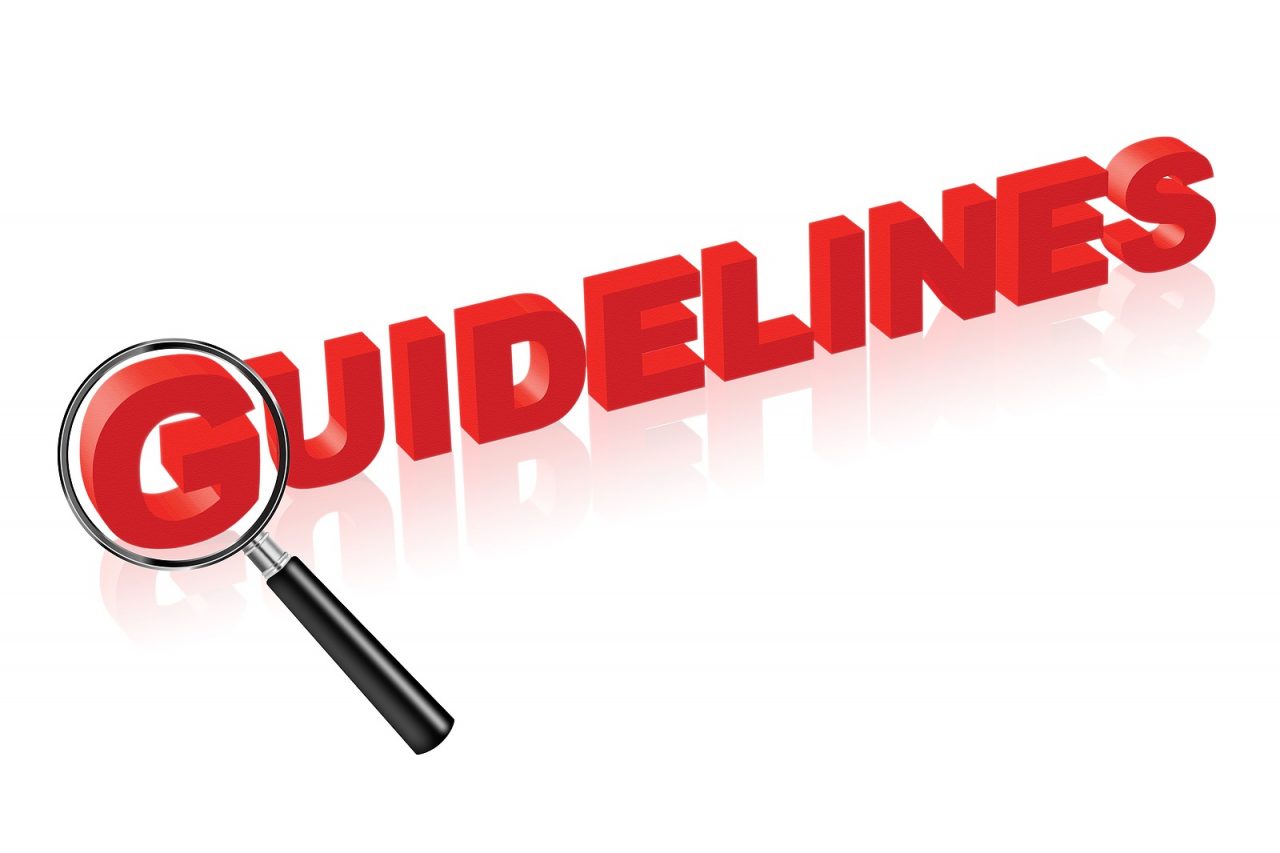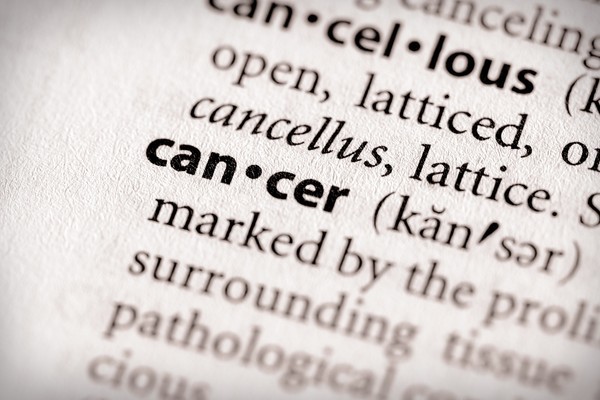Recently a patient with advanced lung cancer was admitted to a local hospital. Pain in his abdomen was diagnosed as a gallbladder infection. Because he had metastatic cancer, in addition to the new problem, the patient and family decided that if things deteriorated he should not be given CPR or put on a respirator. A Do Not Resuscitate (DNR) order was entered in his chart. Treatment for the gallbladder was continued, but it was decided that there was a line that the doctors would not cross.
This made sense to me. Try conventional therapy, but if he was too weak to recover, then do not continue treatment which could cause more suffering than benefit. Give him the opportunity to survive the gallbladder problem, but respect the terminal nature of the greater disease. We were all gratified when his pain and fever went away, and he recovered from the emergency.
When we were discharging him from the hospital, a surprising thing occurred. The patient and family requested that since he had survived the infection, that the DNR be reversed. They decided that when a sudden new major medical complication occurred, that CPR be performed and he would be placed on a respirator. The clear protective line vanished.
In difficult lengthy discussions with the patient and family, it became clear that they were riding tides of emotion. When things looked better, they focused on life and “cure.” When things grew worse, they were ready to withdraw. They became defensive and angry at the suggestion that this decision might cause suffering. We were not able to redefine limits to his care.
Like many chronic illnesses, cancer can be a roller coaster ride of hope, false hope and failure. Patients and families cling to the smallest good or bad news. This erratic course is one of the things that make cancer so difficult. Lack of familiarity and personal experience regarding disease can create emotional chaos. Our societal denial of death may undermine real understanding.
The failure to set goals early in the course of an illness makes things worse. Often patients do not plan with their caregivers before medical events are acute. Then they are trapped making decisions in the middle of rapid change, suffering and fear. Physicians have an obligation to teach families what is possible and what is likely to happen. This gives patients and families the chance to decide what are their real goals and what they want out of their lives.
Things ended hard for this patient with advancing lung cancer. He came back in the hospital within three weeks with pneumonia and suffered a respiratory arrest. As was his wish, he was put on a respirator. The cancer had made him too weak to fight or heal. The infection deteriorated over two weeks into shock and kidney failure. Despite the respirator, dialysis and many intravenous drugs, his heart stopped. CPR over 26 minutes did not work and he died.
This was an exhausting terrible experience for the family and it resulted in futile discomfort for the patient. The doctors and nurses felt guilty for the suffering they had caused. I suggest that the problem was that line. His life may have been different if month’s earlier doctors had taught that patient and family about the reality of his lung cancer. Made it clear that eventually death would come. And that is a line we all must pass.







2 Comments